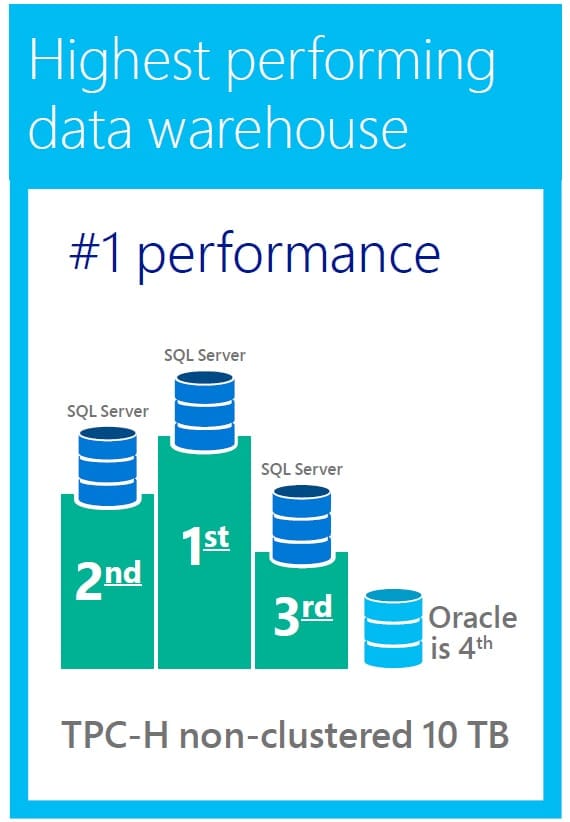By Sarah K. White as written on cio.com
Business are starting to invest more in IT, and that means they're also investing in IT workers. A study from Brilliant found that Q4 hiring for IT has remained steady, as businesses search for qualified tech workers.
The IT skills gap and talent shortage remains an ongoing business challenge as technology becomes the cornerstone of nearly every industry. That shift means there is a bigger demand for tech pros with specific skill sets; and companies are hiring qualified individuals faster than schools can graduate candidates with the right skills.
A recent survey from Brilliant, a staffing firm that specializes in temporary staffing, permanent search, and management resources for accounting, finance and information technologies, in conjunction with Richard Curtin, director of Surveys of Consumers at the University of Michigan, found that companies are still hiring in the IT industry, and businesses are looking to fill open positions. The survey looked at data from human resources and hiring manager professionals across a number of industries to find out what their hiring goals are, and how they've changed over the previous quarters.
The study found that open and unfilled IT positions dropped compared to the Q2 2015 hiring forecast, from 58 percent of companies in Q2 to 33 percent in Q4. The largest growth in jobs occurred in technical services, at 15 percent, which includes jobs such as help desk personnel and desktop support. There was a decline in openings for software and database administration positions, including jobs in big data. And businesses are looking to fill these openings immediately with only 4 percent of respondents suggesting they want to wait until after Q4 to hire.
"The biggest challenge is that there continues to be a limited supply of talented IT professionals. Therefore, we anticipate an increased pressure on salaries and wages. As a result, the compensation for IT professionals will continue to increase, while companies will be forced to increase spend on IT. Further, this increase in demand for IT professionals will also lead to more companies willing to hire interim or contract professionals rather than hire on a permanent basis," according to Jim Wong, CEO of Brilliant.
A job seekers market
The upside to the skills gap is that those who do have the right skills are in a good position to find the best job offer. Essentially, it's a tech job-seekers market and companies are moving to attract people with competitive offers and perks.
The most recent study found that 37 percent of respondents said they were turning to temporary professionals to fill the skills gap. This is decline in temporary workers from the Q2 hiring study, which found that 63 percent of businesses were using temp hires. The study suggests that this decrease points to successful hiring in the past and the overall decline in projected openings for additional IT staff.
Not the lack of skills you might think
While there is certainly a lack of qualified candidates with skills ranging in big data to cloud to Internet of Things, those aren't necessarily the skills hiring managers are most looking for. The study found that the biggest skillset gap wasn't in any specific area or industry of tech, but rather hiring managers were looking for the right "soft skills." At the top of the list, 25 percent said they were looking for workers with expertise in certain areas, but did not specify which areas. Next on the list, 25 percent were concerned with finding a "cultural fit," which is a 10 percent increase from the last two quarters. Beyond that, 18 percent said they were looking for individuals with problem-solving skills as well as communication skills.
The best place to find tech job seekers
Landing the right candidates is one thing, but it's another to figure out the best place to find qualified candidates. The most popular source in recent years has typically been, and continues to be, the more traditional route of search and recruitment firms. And for IT workers, referrals and word of mouth are another highly popular way to land the right talent, with 20 percent saying they hired the bulk of workers through these channels in Q4.
In Q3, 17 percent of companies cited online job boards as their main source of hiring, but that increased to 19 percent in Q4. Interestingly, in Q3, 13 percent of companies said they hired the bulk of workers through social media, but that has since dropped down to 6 percent in Q4. Meanwhile, companies citing resumes submitted via the company website as the source for new hires increased from 7 percent in Q3 to 11 percent in Q4 for the IT sector.
Technology prompting more hires
Technology drives nearly every industry and, as a result, business leaders are starting to view IT in a different light. IT is no longer simply the department that handles networks, hardware and business software. It's become a cornerstone of innovation as more workers rely on technology day to day.
"Companies view technology as an investment as opposed to an expense. Technology can create efficiencies and allow businesses to scale without having to add fixed costs. Businesses know they can get an ROI through investing in technology," says Wong.
And part of that investment can be seen in an uptick in companies reporting that they don't plan to reduce their IT teams. The survey found that 64 percent of businesses report they do not have plans to change the size of their current IT teams, whether through firing or hiring employees. However, 12 percent of businesses still report that they plan to increase the size of their teams, while only 7 percent report a plan decrease; 17 percent are unsure.
Wong also says that the data suggests that companies are turning to technology to improve business practices, make departments more efficient and stay ahead of the curve. Leaders are starting to view technology as a way to save costs in the long run by increasing overall productivity and efficiency. "Essentially, companies want to be able to do more with less," Wong says. Overall, it's simply good news for IT workers, and even temporary or contract employees, as businesses begin a shift towards investing in their careers.
"In sum, the demands for IT professionals mean higher compensation and wages, increased investments by companies to pay more for qualified professionals, and more reasons to hire temporary or contract professionals to fill those IT roles," says Wong.
Continued Reading

March 31, 2016
Cyber security gets the spotlight at Microsoft Envision business conference, starting April 4
Cyber security gets the spotlight at Microsoft Envision business conference, […]
LEARN MORENews and Events

March 31, 2016
Infographic 4 Ways SQL Server beats Oracle
[vc_row][vc_column][vc_column_text] 4 Ways SQL Server Beats Oracle: Intelligent Cloud Database: […]
LEARN MORECloud Services Page
News and Events
Professional Services


